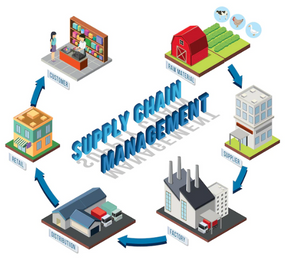Navigating Cross-Border Supply Chain Risks in Trade Wars
Trade wars, characterized by escalating tariffs and trade restrictions, pose significant challenges to global supply chains. These disruptions can lead to increased costs, delays, and even complete supply chain breakdowns. Businesses operating in affected regions must proactively navigate these risks to maintain operational continuity.
One primary concern is the sudden imposition of tariffs. These can drastically increase the cost of imported goods, forcing businesses to absorb the losses or pass them on to consumers. Diversification of suppliers and sourcing locations is crucial. Reducing reliance on a single country or region minimizes exposure to trade-related disruptions.
Furthermore, trade wars often lead to regulatory uncertainty. Changes in customs procedures, import/export regulations, and intellectual property protection can create significant compliance challenges. Staying informed about evolving trade policies and engaging with customs authorities is essential.
Logistical complexities also arise. Increased border controls and delays can disrupt transportation and warehousing operations. Businesses should explore alternative transportation routes and establish contingency plans for potential delays. Implementing robust inventory management systems can mitigate the impact of supply chain disruptions.
Technology plays a critical role in navigating these challenges. Supply chain visibility platforms can provide real-time tracking of goods, enabling businesses to identify potential bottlenecks and delays. Predictive analytics can forecast demand fluctuations and inform inventory decisions. Blockchain technology can enhance supply chain transparency and security, reducing the risk of fraud and counterfeiting.
In conclusion, navigating cross-border supply chain risks in trade wars requires a proactive and adaptable approach. By diversifying suppliers, staying informed about regulatory changes, leveraging technology, and establishing contingency plans, businesses can mitigate the impact of trade-related disruptions and maintain operational resilience.
Visit our website to know more: https://www.leadventgrp.com/events/2nd-annual-supply-chain-risk-and-resilience-forum/details
For more information and group participation, contact us: [email protected]
Leadvent Group - Industry Leading Events for Business Leaders!
















